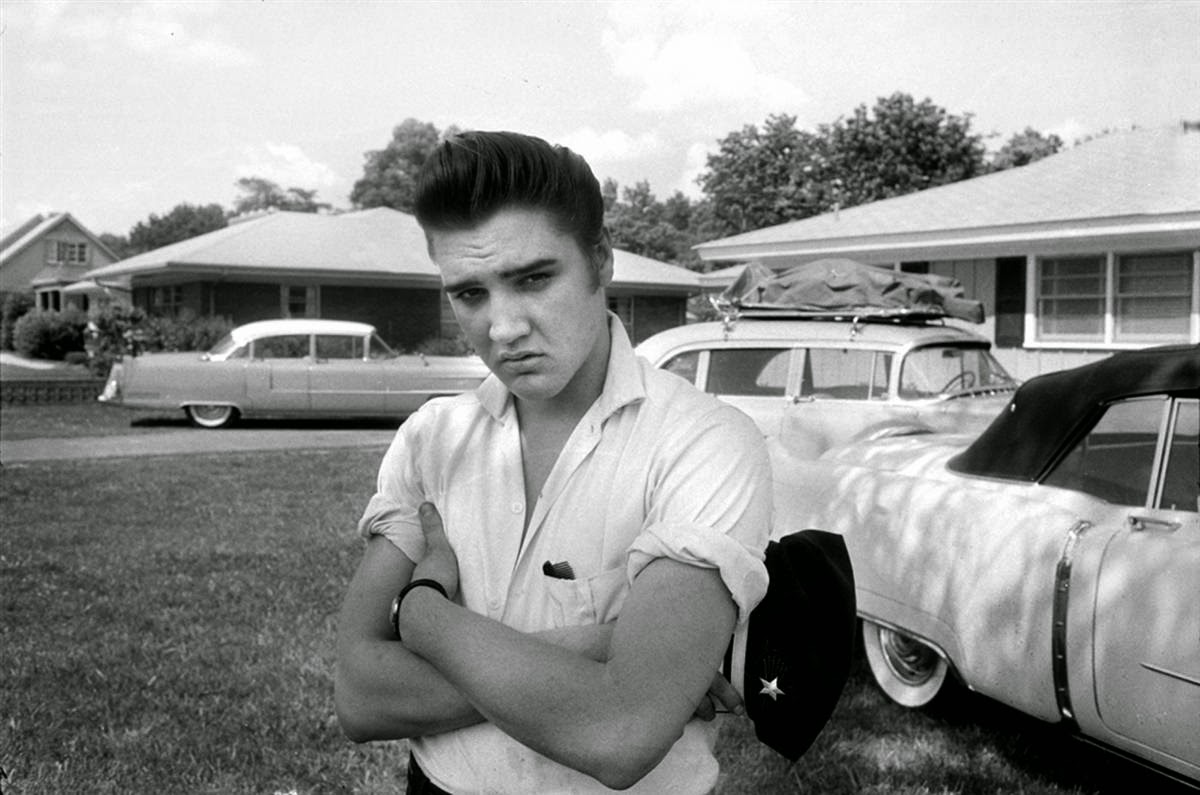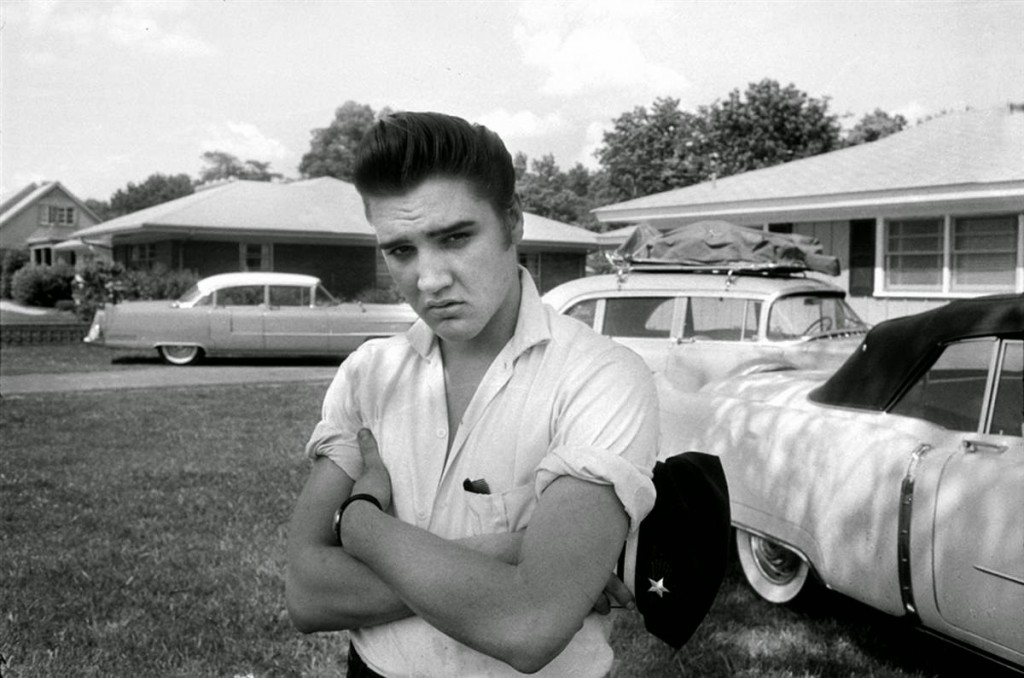Hoe de oude media de (online) massa heroveren
02 januari 2015Het artikel Fame, Web Fame, Web Mass Fame, van die ouwe trouwe Weinberger, is korter dan menig ander artikel van zijn hand en bevat voor jou wellicht geen nieuwe inzichten. Ik kan de tekst iedereen desondanks van harte aanbevelen. In die paar alinea’s verwoordt Weinberger heel goed wat het verschil is tussen het web van nu en dat van, pak ‘m beet, tien jaar geleden. Steeds vaker voelt het niet meer zo goed, heb je het idee dat er iets mis is. Welnu, dat is ook zo. Maar komt dat per se door de infotsunami die particuliere gebruikers veroorzaken, zoals vaak wordt beweerd? Je kunt het je afvragen. Veel kwalijker is dat de oude massamedia het web weer domineren, en dan met name de manier waarop ze dat doen.
Weinberger beschrijft mooi wat internet veranderde aan het tijdperk van de grote sterren van radio, tv en het filmdoek:
With the dawn of the Web there was Internet Fame. We made people famous by passing along their artifacts, hand to hand, peer to peer. In so doing we aligned ourselves with the artist, and we put a little bit of our social selves on the line. People became famous because they were one of us. Many of the early Web instances of fame were explicitly anti-Hollywood: We made famous a comic strip drawn with stick figures, Chuck Norris jokes that we wrote, and a blog that over-explained the Marmaduke comic strip. Fame was no longer alienated. It was ours, something we did for ourselves. At the same time, the Internet Famous could communicate with their fans. They could blog, respond to comments, retweet the tweets of their followers, post and comment on Facebook. What had been one-way became multi-way, a carnival, a bazaar.
Maar nu:
Now the Internet is centralizing, bringing with it Mass Net Fame. The top 100 sites are almost entirely commercial, with many of the old media well-represented there. Much of Net culture is driven by the old forces of mass media shoveling the Same Old Crap down our waiting maws. Sites like Facebook filter our feeds, leading to the snowballing of works from commercial entities.
Inmiddels is er een wisselwerking tussen de sterren van het web en die van de massamedia. Zij die beroemd worden op internet worden meteen ingelijfd door de oude media, en het internet verspreidt de faam van de televisiesterren verder. Echter:
The mass media take over Web talents, and the Web takes over mass talents … except the Web’s way of appropriating mass culture is by making it the Web’s own, which is far too often viewed as a violation of mass media’s Precious.
We laten de oude wereld weer oprukken. Omdat we te lui en te passief zijn met z’n allen. Droefstemmend, vind ik.
The danger is that we will fall back into passively waiting for the mass media to tell us what’s important, rather than continuing to do the work of finding and creating cultural value and meaning for ourselves, together.
Pats! Vinden we het stiekem toch wel lekker dat een ander voor ons bepaalt wat belangrijk en mooi is? Je hebt in ieder geval nog steeds zelf de keuze. Nu nog wel althans.
Gerelateerd:
David Weinberger: een interview voor Digitale Bibliotheek
Alles is divers, de kracht van de nieuwe digitale wanorde
Too Big to Know: een nieuw boek van David Weinberger
@

